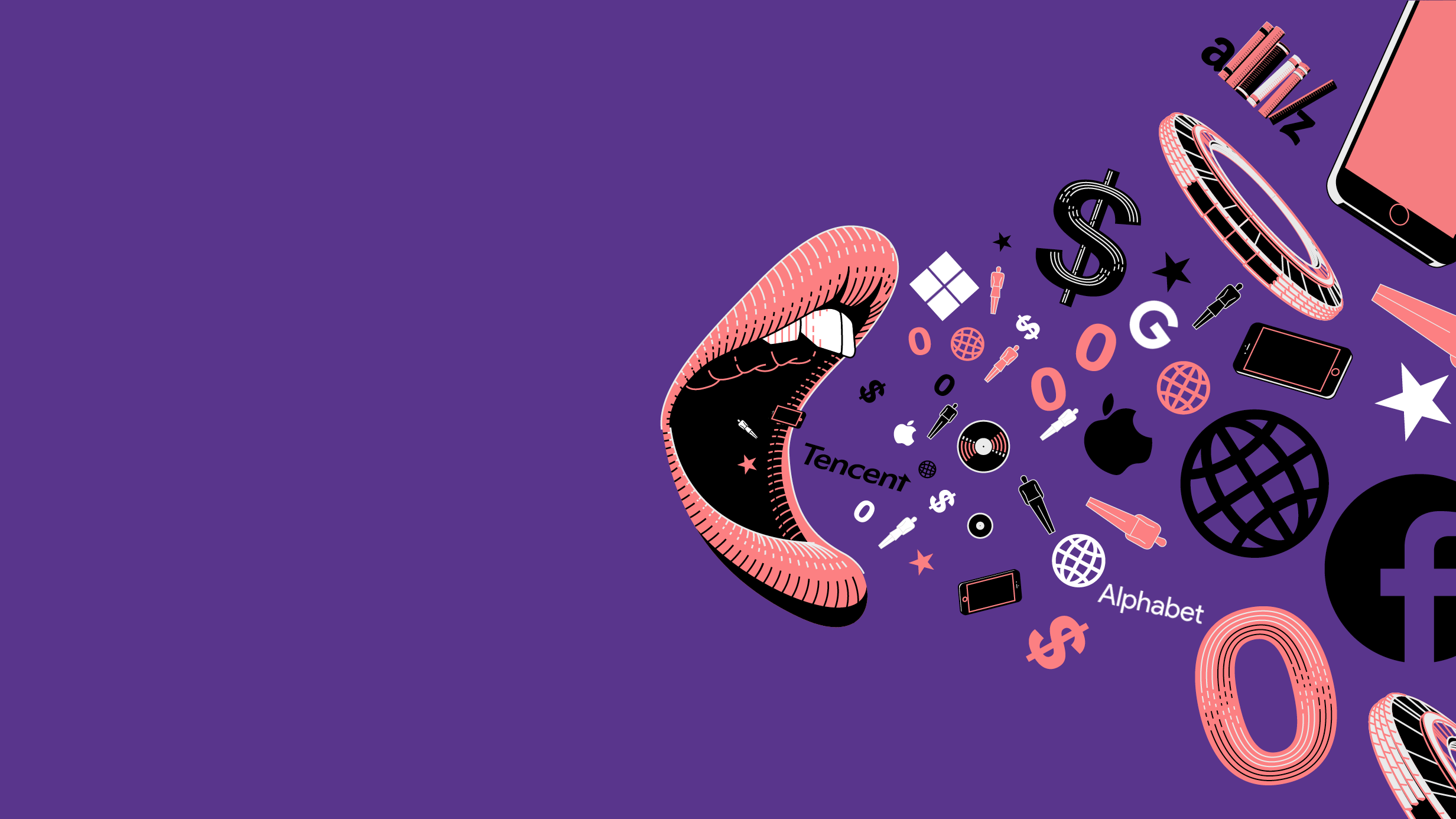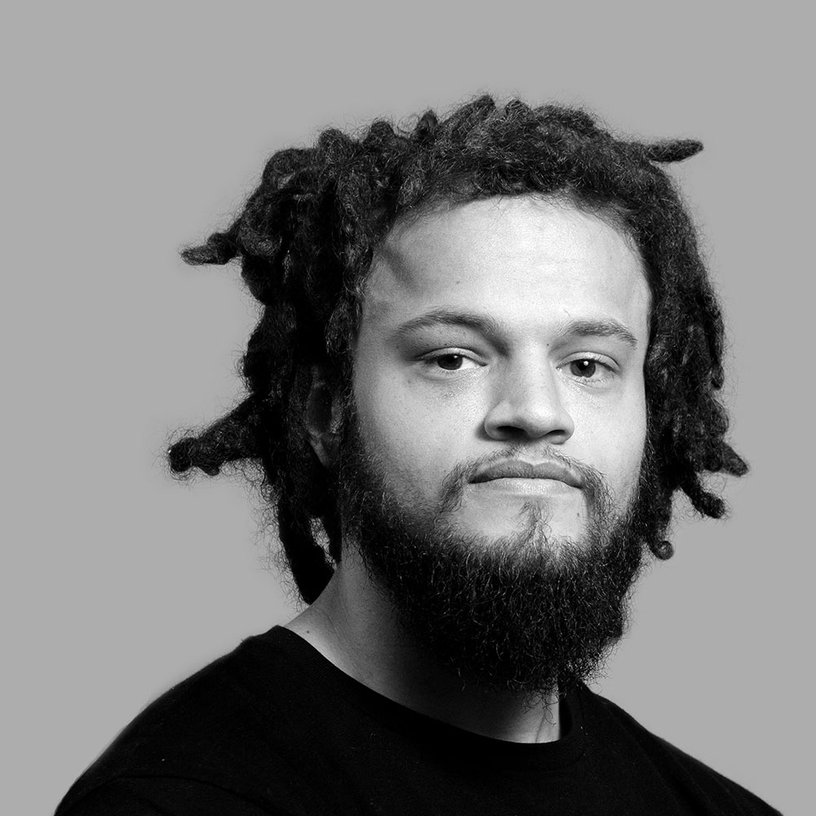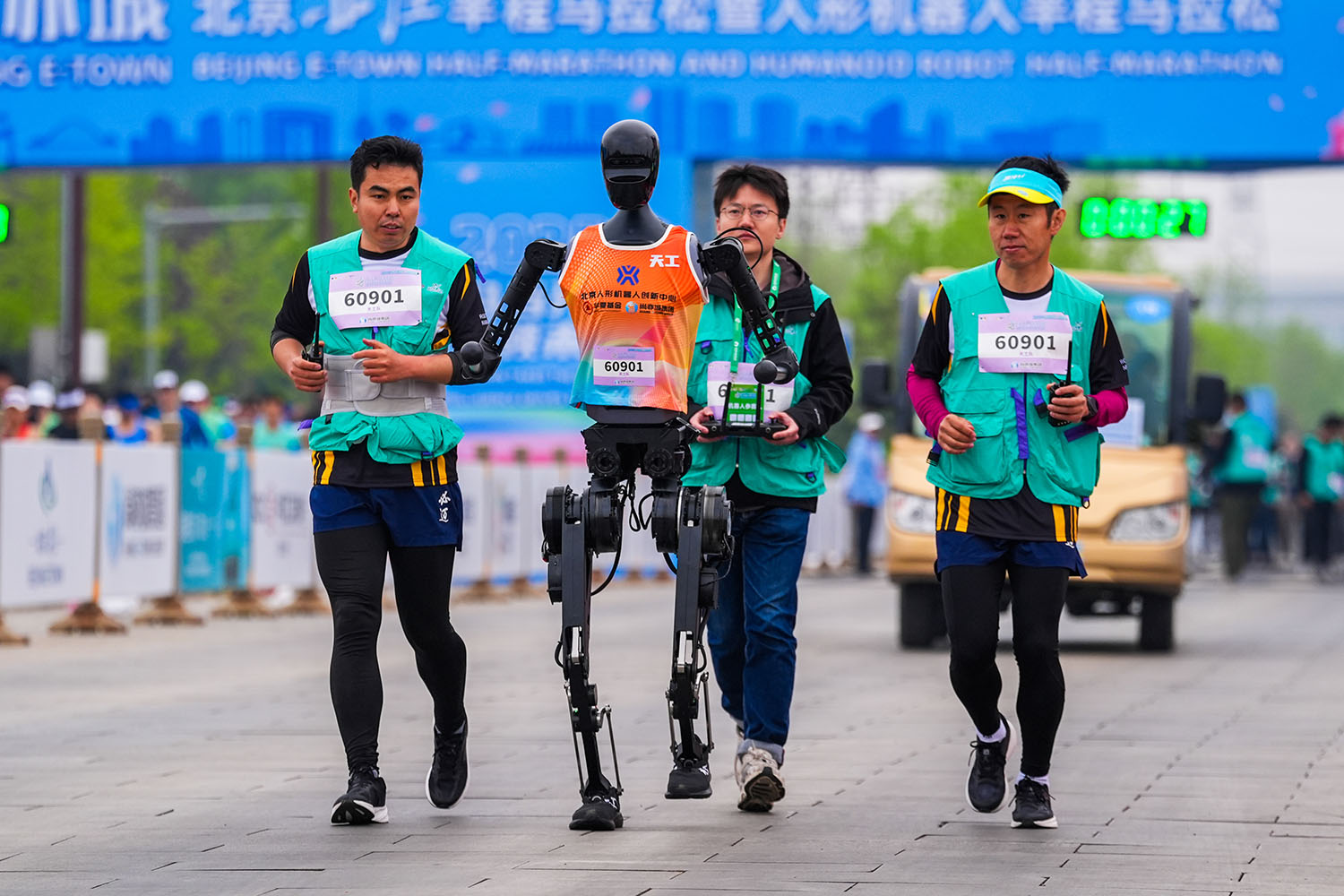
Elon Musk has found a new CEO for Twitter – hiring Linda Yaccarino from NBCUniversal. Can she overcome the reputational damage caused by her predecessor, and remodel Twitter's business for the future?
• OpenAI CEO, Sam Altman, told the US Senate to create an agency to regulate, licence and test artificial intelligence models.
• Beijing said it would provide state-funded computing capacity to China’s artificial intelligence companies.
• The EU Commission approved Microsoft’s acquisition of Activision Blizzard.
Ten million Twitter users called on Elon Musk to step down as the platform’s CEO. Last week, he responded – hiring Linda Yaccarino from NBCUniversal after she spent several years modernising the media company’s advertising business.
So what? When Musk said he would seek “someone foolish enough to take the job” last year, he foreshadowed the uphill battle facing Twitter’s business from
- a decline in online ad spending by brands;
- corporate restructuring, with Twitter’s workforce slashed by 80 per cent; and
- Musk’s intention to turn Twitter – now officially called X Corp into the “everything app”.
Yaccarino faces a considerable challenge.
Backseat driver. Musk says that he will continue “overseeing product, software and sysops [system operations]” in the CTO role, while Yaccarino will “focus primarily on business operations”. Translation: her job is to fix Twitter’s failing ad business.
By the numbers
$100 billion – ad sales by Yaccarino’s team at NBCUniversal during her 12-year tenure.
$4 billion – ad revenue at Twitter last year.
18.7 – per cent decline in traffic to Twitter’s ad purchasing platform in the past year.
500 – of Twitter’s top advertisers have paused spending since Musk’s takeover.
Yaccarino “has the right credentials” to reassure large advertisers, says Joseph Teasdale, head of technology at Enders Analysis. He adds that Musk “may well be sick of running Twitter” and hiring a new CEO will allow him to turn his attention elsewhere.
But “the risk is Musk, as the majority owner, will be as unpredictable and interventionist as he has been as CEO.”
Set up to fail? The amount of hate speech on Twitter has nearly doubled since Musk bought the platform, according to analysis by the Information Sciences Institute, while a third of the 1,100 reinstated accounts appear to violate Twitter’s own user guidelines.
“[Yaccarino] is in charge of marketing and advertising. But we haven’t seen any commitments to reinstate the important content moderators, or moderation rules that are so important for brand safety,” says Jessica González, co-CEO of Free Press which orchestrated an advertising boycott of Twitter after Musk’s takeover. “We’ve seen no commitment to roll-back the reinstatement of neo-Nazis, conspiracists and sources of disinformation, hate and bigotry.”
She adds: “Putting a woman of colour out there as a figurehead of the company, without vesting her with any real power to make changes, while still looming over her shoulder as an executive is very disturbing.”
“Everyone in the industry speaks highly of [Yaccarino],” says Phil Smith, Director General of the Incorporated Society of British Advertisers, “and we can only wish her every success. But it’s still unclear if she’ll be given the control and authority to rebuild advertisers’ trust. At this point, brands are looking for substance rather than warm words.”
Exit strategy. Twitter was struggling with its ad-based business model long before Musk entered the frame. It lost $221.4 million in 2021 and $1.14 billion in 2020. Even if Yaccarino can overcome recent reputational damage, she will still have to address whether the fundamental model is broken. Ultimately, Twitter’s future may lie in its subscription service, not in the advertising world that Yaccarino knows so well.
Musk is fond of saying “vox populi, vox dei” – meaning “the voice of the people is the voice of God”. He may have listened to the people by appointing Yaccarino – but the more pressing question now is whether he’ll step away, and allow vox Yaccarino to hold sway.
Luckey Apple
Apple’s new headset has received an endorsement from Palmer Luckey, the man who created the Oculus virtual reality division that he sold to Facebook in 2014 for $2 billion. As one of the more successful engineers in the virtual reality sector, Luckey’s opinions carry some weight. He announced this week that Apple’s upcoming virtual reality headset is “so good”, though it is unclear whether he actually had hands-on experience with the device, expected to be the focus of Apple’s Worldwide Developer Conference in June. But Luckey also joked last year that a device he’d invented called NerveGear was designed so that if someone dies within the virtual experience, they would also die in real life. Perhaps take his claims with a pinch of salt.
Doldrums
Meta’s foundational models – Galatica and BlenderBot 3 – have not become household names like ChatGPT. Why? Because it has been pouring resources and talent into the metaverse, while Microsoft and Google never seriously bought into the concept. Meta continues to insist that its metaverse dream isn’t entirely dead. Andrew Bosworth, the company’s CTO, said on a live Q&A on Instagram this week that 2023 “represents a pretty big sea change” in the adoption of virtual reality technologies. Meta Quest 3 will launch to compete with Apple’s headset later this year.
CarynAI
Forever Voices, a company that creates chatbot services using ChatGPT, has turbocharged the earnings of one influencer, Caryn Marjorie. As an online content creator, Marjorie, 23, predicts that she’ll earn as much as $5 million a month from a new service that her followers can subscribe to – a chatbot that pretends to be her and has her voice and likeness. Marjorie’s existing followers (who are 98 per cent male) can pay $1 per minute to interact with the bot. The nature of the conversations is not public knowledge, because they are end-to-end encrypted. The Washington Post reported that Marjorie knows some of the conversations will be sexually explicit. For context: users poured $5 billion into OnlyFans last year. The creation of realistic and responsive chatbot to communicate ad-infinitum with followers could see this number grow significantly.
Detention
Police in China have arrested a man who allegedly used ChatGPT to spread fake news about a train crash. Authorities in Gansu arrested the man under a first-of-its-kind law intended to control the use of deep synthesis technologies, of which GPT-4 content is an example. The case appears to be the first of China’s detentions related to the misuse of generative artificial intelligence models. Earlier this year, the Chinese government enacted its first provisions to regulate the use of deep synthesis technologies for content generation which include generative models. Meanwhile, Tencent is working on developing HunyuanAide, its own generative artificial intelligence chatbot to rival ChatGPT.
Safety terms
Google will soon display prewritten text that people can use to ask for help when searching for “suicide-related terms”. The prompts have been developed in partnership with the International Association for Suicide Prevention and are aimed at helping people reach out during a mental health crisis. Google has been using artificial intelligence to detect searches from people in crisis for over a year, allowing the platform to point users towards helpful resources. On YouTube, the company also recently started placing restrictions on content related to eating disorders. At the same time, in the UK the Online Safety Bill is expected to become law later this year, introducing obligations on large platforms to protect the safety of users, especially children.
Rugeley and Mansfield
The effort to unionise Amazon’s workforce has spread to two additional sites in the UK. Staff in Rugeley and Mansfield are due to vote on taking strike action after rejecting the offer of a pay rise that representatives from GMB Union – which is organising the action – called “an insult”. GMB has also said that only 150 or the 1,500 or so staff at the two sites will actually vote, but that the consultation will draw more attention to the issue of pay, the Guardian reports. Rugeley and Mansfield could follow the same path as the Coventry facility, BHX4, which is currently petitioning the Central Arbitration Committee at BEIS for formal recognition of its union. Amazon declined to voluntarily recognise the union there.
Thanks for reading. Please tell your friends to sign up, send us ideas and let us know what you think. Email sensemaker@tortoisemedia.com.
Luke Gbedemah








